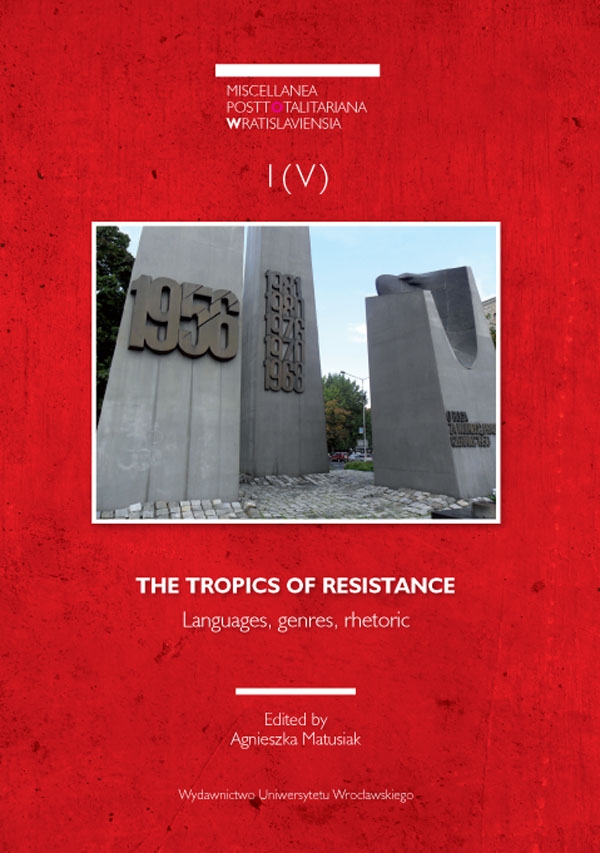

Articles

The article analyses the cabaret theatre of Milan Lasica 1940– and Július Satinský 1941–2002, also known as L+S, in socialist Czechoslovakia in the 1960s–1980s as a form of resistance against communist totalitarianism. Rather than conventional political satire, which would have been impossible at the time, their texts subverted the political discourse by focusing on the word, the prime instrument of state propaganda, to expose its falseness through linguistic games and free play with associations. The essence of their satire, which can be most closely described as a mixture of theatre of the absurd and Dadaism, was in pointing to the meaninglessness of the language of communist ideology that bore no correspondence to reality, since the regime heavily invested in constructing and maintaining artificial realities and simulacra. However, their target was not high-ranking communists, but the common people, who internalized the discourses, values, and practices of the system and held it in place.